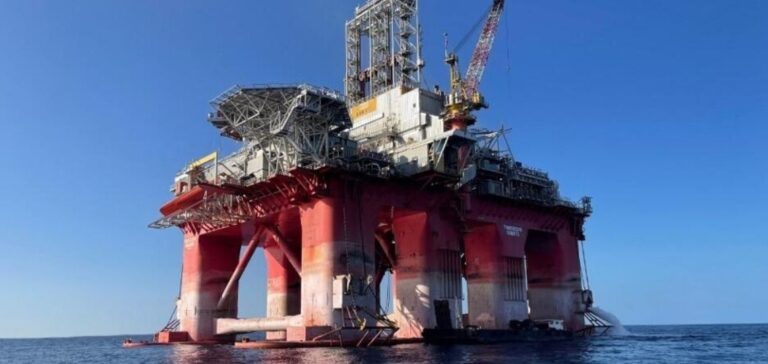The oil and gas industry is now turning to generative AI to overcome its operational challenges. This technology, accessible via plain-language interfaces, offers a new dimension in analysis and decision-making, particularly for drilling data management and predictive equipment maintenance. Unlike traditional AI, which is reserved for programmers, generative AI enables field employees and administrative staff to access complex information in a simplified way. At the CERAWeek conference, Chevron CEO Mike Wirth emphasized the importance of AI in areas such as underground imaging and production planning. Generative AI makes it possible to process and synthesize the vast quantities of data generated by drilling, simplifying their use for major energy companies.
Digital twins and predictive maintenance
Digital twins, virtual replicas of refineries and LNG terminals, are a key application of generative AI. These models can be used to simulate and solve operational problems in physical plants, optimizing processes and reducing downtime. Predictive AI also plays a crucial role in anticipating wear and tear on equipment, enabling it to be replaced before major failures occur. For Microsoft’s Matthew Kerner, generative AI is an indispensable tool for understanding the predictions of AI models and providing detailed answers in everyday language. It helps technicians diagnose problems in real time by providing essential contextual information.
Improving regulatory compliance and carbon footprint
The oil industry, operating within a strict regulatory framework, uses generative AI to ensure compliance of its equipment and processes. This technology continuously integrates regulatory updates, guaranteeing ongoing compliance. In addition, generative AI helps to improve the carbon footprint of oil operations by optimizing equipment use and reducing emissions through more efficient exploration and extraction. However, it’s important to note that generative AI, while beneficial, is energy-intensive. The data center servers required for its operation consume a significant amount of energy, which must be taken into account when assessing its environmental impact.
A training tool for the new generation
Generative AI is also seen as a valuable training tool for the next generation of workers. By simplifying access to complex information, it shortens training times and improves operational efficiency. Dan Bennett of S&P Global Commodity Insights points out that this technology gives non-AI personnel access to advanced analytics, making it easier for them to adapt to industry requirements.
The integration of generative AI in the oil industry represents a major step forward. It offers significant benefits in terms of operational efficiency, regulatory compliance and carbon footprint reduction. However, its use must be balanced with careful management of energy consumption.






















